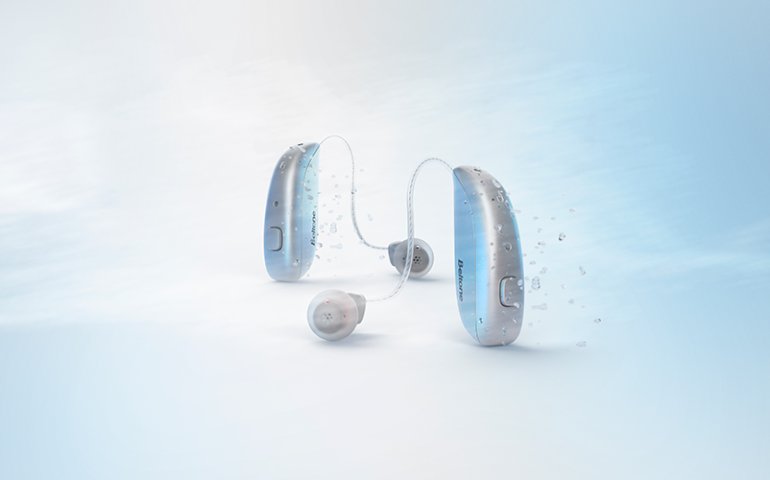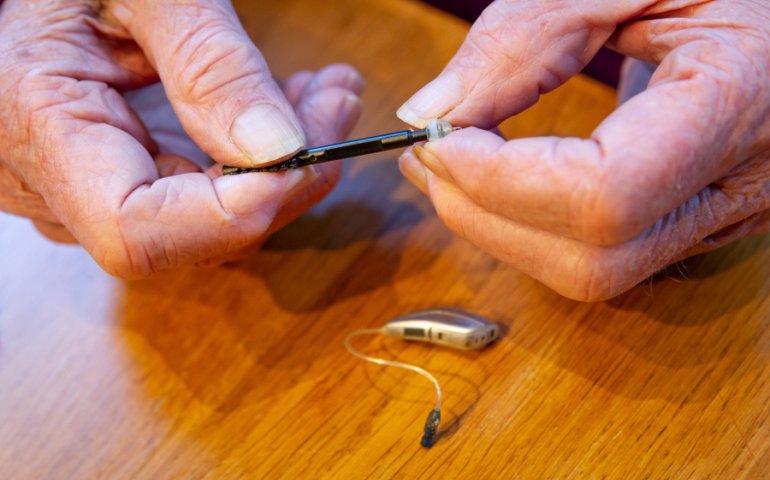The Connection Between Tinnitus and Misophonia: Understanding the Link
If you have ringing in your ears or are sensitive to certain sounds, you may have tinnitus or misophonia. Both of these conditions can impact your daily life. Did you know that there's a connection between the two? In this blog post, we explore tinnitus, misophonia, and the connection between the two. Our goal is to provide the information to understand and manage these conditions.
What is Tinnitus?
Tinnitus is a condition characterized by the perception of noise or ringing in the ears. It is not a disease itself but rather a symptom of an underlying condition. It could be due to age-related hearing loss, ear injury, or a circulatory system disorder. Tinnitus affects about 15-20% of the population. It can come in various forms, such as buzzing, hissing, whistling, or clicking sounds.
The exact cause of tinnitus is still not completely understood. But scientists believe it comes from changes in the auditory system. These changes could be due to exposure to loud noise, aging, or other factors. Although there is no cure for tinnitus, there are treatments available. These can help manage the symptoms and improve your quality of life.
What is Misophonia?
Misophonia, or selective sound sensitivity syndrome, is a condition where specific sounds trigger a strong emotional response. The most common emotional responses are anger, annoyance, or anxiety. These sounds, often referred to as "trigger sounds," can be everyday noises. Common ones include chewing, breathing, or tapping, which most do not find notice.
The exact cause of misophonia is still unknown. But scientists believe it involves both neurological and psychological factors. Misophonia usually starts in late childhood or early adolescence. It can impact a person's social and emotional well-being. There is no specific treatment for misophonia. But therapies like cognitive behavioral therapy and sound therapy may help with symptoms.
The Connection Between Tinnitus and Misophonia
While tinnitus and misophonia are distinct conditions, they share some similarities. These include their impact on quality of life and that they both have an abnormal perception of sounds. Research has shown that there may be a connection between these two conditions. Some studies even suggest that those with tinnitus may be more likely to have misophonia.
One explanation for the link between tinnitus and misophonia is the central auditory nervous system. Both conditions involve changes in the central auditory system. This system processes sound information from the ears to the brain. Plus, both tinnitus and misophonia lead to higher activity in certain areas of the brain. These areas are responsible for emotion and attention regulation. There may be certain underlying causes leading to both of these conditions.
Managing Tinnitus and Misophonia
If you have symptoms of tinnitus or misophonia, consult a healthcare professional. They can test you and guide you on the best course of treatment. While there is no cure for either condition, there are management strategies. These strategies can help improve your quality of life.
For tinnitus, treatments include sound therapy, counseling, or the use of hearing aids. But, misophonia management may involve CBT, sound therapy, or relaxation techniques. In some cases, a combination of treatments may be necessary to address both.
Contact Us
Realizing the connection between tinnitus and misophonia is vital for everyone. By recognizing the similarities and differences, we can better manage and treat them. Seeking professional help is always the best course of action. Beltone South is here for you. Contact any of our offices today for a hearing evaluation and help with all your hearing needs.






